Rodents in Birch Bay, Washington
7066212899 • February 17, 2025
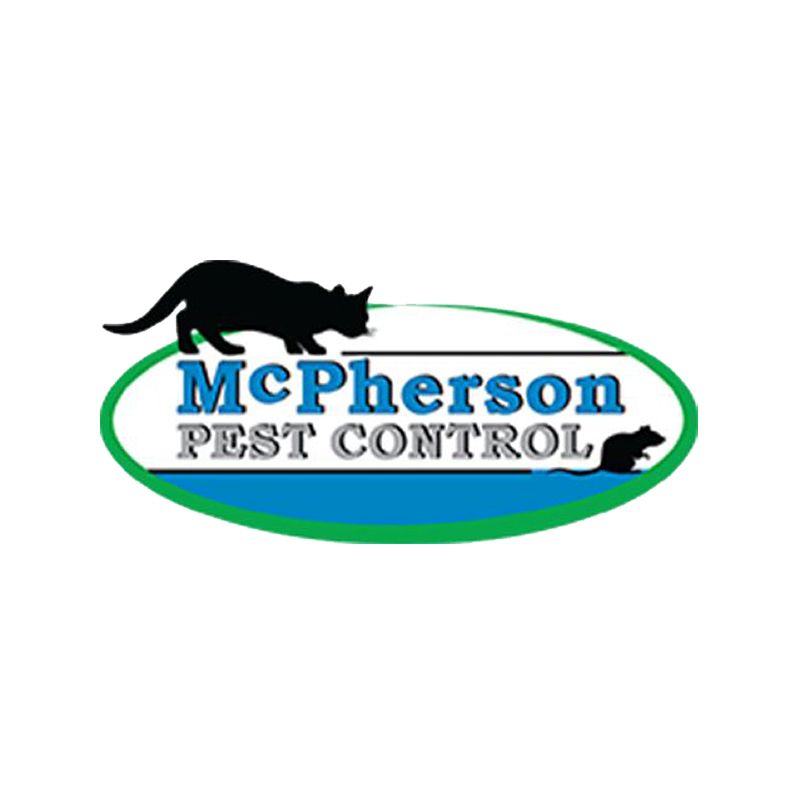
Rodent Control in Birch Bay, Washington: A Growing Concern
Birch Bay, Washington, is known for its scenic beauty, tranquil beaches, and a close-knit community that thrives on its connection to the water. However, beneath the picturesque views, a rising concern has been taking shape—an increasing rodent population that poses significant challenges for residents. As charming as the region is, the growing presence of rodents in Birch Bay can be traced to several factors, including bird feeders, chicken coops, the feeding of wild animals, and the unique dynamics of a coastal community.
The Growing Rodent Population
Rodents, including rats, mice, and squirrels, have become more common in Birch Bay in recent years. While these creatures have always been part of the natural ecosystem, their numbers are expanding due to human activity. The primary contributors to this increase include the abundance of food sources available to rodents in urban and suburban areas.
Bird Feeders and Chicken Coops: Unintended Feeding Grounds
Bird watching is a beloved hobby in Birch Bay, with many residents setting up bird feeders in their yards to attract a variety of local and migratory birds. However, while bird feeders provide sustenance for the birds, they also attract rodents. Seeds and grains that fall from feeders often go unnoticed and create a smorgasbord for rats and mice. In particular, bird seed and suet are easily accessible to rodents, and once they discover the food supply, they quickly become regular visitors.
Additionally, many Birch Bay residents keep chicken coops, which are another prime attraction for rodents. Chickens require constant feeding, and the leftover food in coops is an irresistible draw for rats and mice looking for an easy meal. Even if coops are kept clean, small food scraps or spilled grain can encourage rodents to settle in the area.
Feeding Wild Animals: A Mistake That Brings Rodents
The feeding of wild animals is another practice contributing to the growing rodent issue in Birch Bay. While many people enjoy feeding squirrels, raccoons, and other wildlife, this seemingly harmless act creates unintended consequences. When wild animals are fed regularly, they are likely to leave food scraps behind, attracting rodents. Additionally, wild animals such as raccoons and squirrels themselves can serve as hosts for ticks, fleas, and other pests that are also drawn to human settlements.
In Birch Bay, the feeding of wildlife is particularly problematic as it encourages larger populations of animals that bring in more rodents. As raccoons and squirrels seek food, they are more likely to disturb homes, gardens, and other areas in search of additional sources of sustenance. These animals often leave behind a trail of crumbs or remnants that can attract even more rodents, exacerbating the problem.
The Coastal Community Factor
Birch Bay’s location along the water provides residents with stunning views and access to recreational activities. However, it also makes the area more susceptible to rodent invasions. Coastal regions like Birch Bay are naturally more humid and can provide ample shelter for rodents in the form of burrows or nesting sites along the shoreline. This habitat, combined with the food sources available from human activity, creates the perfect storm for rodent populations to thrive.
Moreover, the proximity to the water brings with it a higher rate of moisture in the soil, which can attract various insects and small creatures that rodents feed on. The abundance of food and the favorable environment mean that rodents can easily establish colonies near human homes and businesses, contributing to the rise in local populations.
Addressing the Problem: Prevention and Solutions
Controlling the rodent population in Birch Bay requires a collaborative effort from the community. It starts with responsible management of food sources. To prevent rodents from being attracted to bird feeders, residents should clean up fallen seeds regularly or consider using feeders designed to minimize spillage. For those with chicken coops, securing food and eliminating excess scraps is essential. Additionally, residents should avoid feeding wild animals, as this only exacerbates the rodent issue.
Proper rodent-proofing of homes and buildings is also crucial. Sealing cracks and crevices, maintaining a clean environment around homes, and using traps or humane deterrents can help keep rodent numbers in check. For larger-scale issues, professional pest control services may be necessary.
In addition to individual efforts, the community can benefit from local education on best practices for rodent prevention. Birch Bay residents, local officials, and environmental organizations can work together to raise awareness about the consequences of feeding wildlife and the importance of keeping food sources contained.
While Birch Bay remains a charming place to live and visit, the growing rodent population presents a challenge that must be addressed. By understanding the root causes of this problem—bird feeders, chicken coops, feeding of wild animals, and the unique environmental factors of being a coastal community—residents can take proactive steps to reduce rodent populations and protect the natural beauty of the area. With a community effort and thoughtful management of food sources, Birch Bay can continue to thrive as a peaceful, rodent-free paradise.
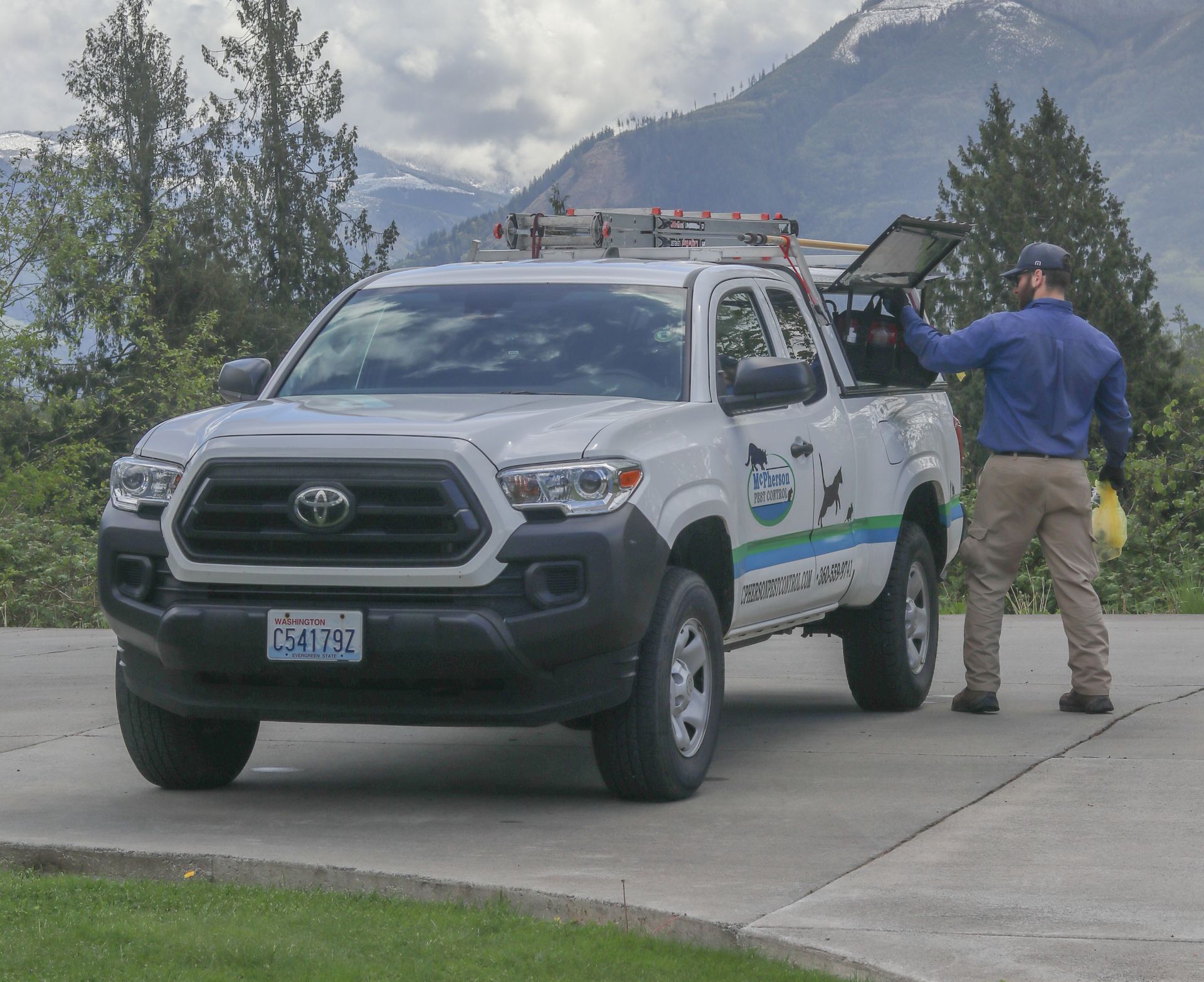
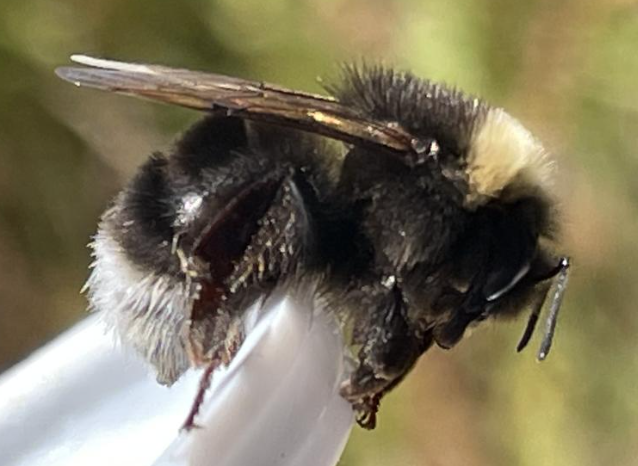
The Importance of Native Bees in Western Washington Western Washington's temperate climate and diverse ecosystems—from coastal prairies to alpine meadows—provide an ideal habitat for over 600 species of native bees. These bees are especially adapted to local conditions. For instance: - Mason bees, among the earliest pollinators to emerge in spring, are highly effective at pollinating fruit trees. - Bumblebees, with their large, fuzzy bodies, can perform “buzz pollination”—a technique necessary for crops like tomatoes. - Sweat bees and mining bees thrive in undisturbed soils, making them common in natural areas and organic farms. Unlike honeybees, most native bees are solitary and do not live in hives. They nest in the ground, in hollow plant stems, or in wood crevices. This behavior makes them especially vulnerable to soil disturbance, habitat fragmentation, and chemical exposure. Protecting Native Bees: Habitat and Regulation Local governments, conservation groups, and community scientists in Western Washington are working to protect bee populations through several key strategies: - Habitat Preservation and Restoration: Efforts to restore meadows, preserve urban green spaces, and maintain roadside wildflower corridors have become vital for native bee survival. Programs such as the Xerces Society’s “Pollinator Conservation Program” help educate landowners and agencies on planting native flowering species and maintaining undisturbed nesting areas. - Limiting Pesticide Use: One of the most direct threats to bees is pesticide exposure. Neonicotinoids, in particular, have been linked to bee population declines. Washington State has taken steps to restrict certain harmful pesticides and educate the public on alternative pest control methods. WSDA certified pest control technicians are well informed and advocates for the protection of our native pollinators. - Community Engagement and Citizen Science: Initiatives like the Pacific Northwest Bumble Bee Atlas encourage volunteers to monitor and report bee sightings, building a clearer picture of bee diversity and abundance. The Role of Responsible Pest Control in Bee Conservation Pest control companies are increasingly stepping up to play a constructive role in protecting pollinators. In Western Washington, responsible pest control is centered around Integrated Pest Management (IPM), a strategy that prioritizes prevention and non-chemical solutions. Responsible pest control strategies include: 1) Targeted Treatments Rather than blanket spraying, professionals identify specific pests and treat only affected areas, minimizing the risk of harming beneficial insects. 2) Use of Bee-Safe Products Pest control services are using products and techniques with lower toxicity to pollinators, especially during bloom times when bees are most active. 3) Education and Outreach Many pest control professionals now educate their clients on how to attract pollinators while managing pest issues, encouraging practices like planting pollinator gardens and avoiding harmful lawn chemicals. What You Can Do?? Individuals play a vital role in protecting native bees. Here are a few simple steps: 1) Plant native flowers that bloom at different times of the year. 2) Avoid using pesticides without careful research. 3) Provide nesting habitat by leaving patches of bare ground or creating bee hotels. 4) Support local, bee-friendly farms and businesses. Local beekeepers should be contacted to safely remove and relocate nests once they have been positively identified as a true bee. The native bees of Western Washington are quiet custodians of biodiversity, food security, and natural beauty. Their survival depends not only on wild spaces but on how we manage our gardens, farms, and even our pest control choices. As awareness grows, so too does the network of farmers, scientists, businesses, and homeowners working together to ensure a thriving future for these essential pollinators.
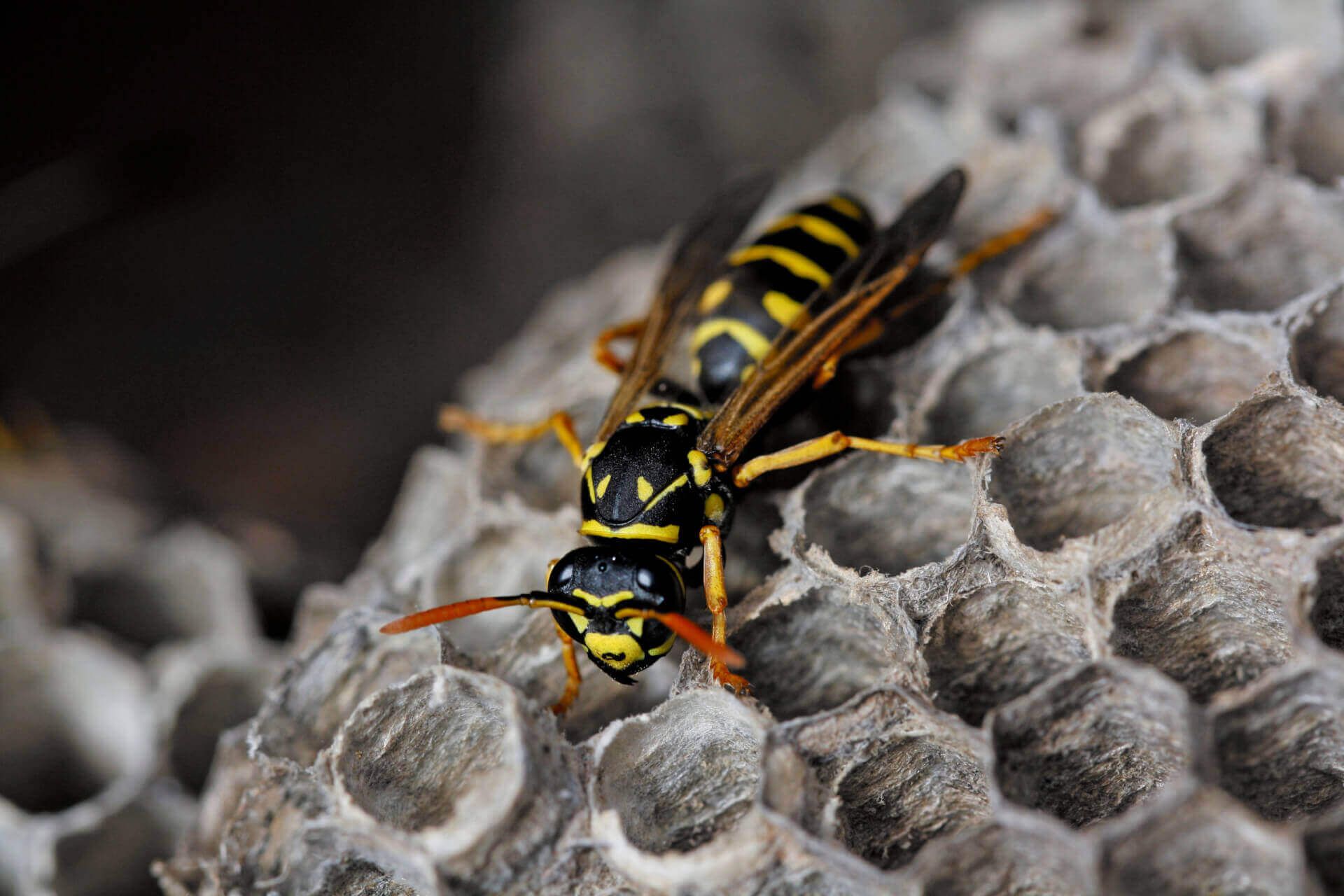
As the spring season unfolds in Stanwood, WA, the mild temperatures and blooming flora signal the return of an often unwelcome visitor: paper wasps. These insects are commonly found around homes during the spring months as they emerge from their overwintering sites. Understanding their behavior, particularly how they overwinter and become active in the spring, can help homeowners in Stanwood prevent infestations and minimize the risk of stings. Let’s dive into the activity of paper wasps around houses during this time of year and explore how McPherson Pest Control can assist in keeping your home safe. Overwintering and Springtime Emergence In Stanwood and other parts of Washington, paper wasps spend the winter in a dormant state. Unlike many other insects, paper wasps do not survive the cold weather as a colony. Instead, only fertilized queens survive the winter by seeking shelter in hidden locations such as attics, sheds, under eaves, or within the nooks and crannies of homes. These queens typically find sheltered areas where the temperatures remain stable enough for them to survive the colder months. As the days begin to warm in early spring, usually in March or April, these queens emerge from their hiding spots, looking for a suitable location to establish a new nest. Once they find a sheltered area, such as a corner of a porch, under a roof overhang, or even inside your attic, the queen starts building a new nest. She will begin laying eggs that hatch into workers, which will then help her continue building the nest and gather food. Within a few weeks, the colony can grow rapidly. By the time late spring rolls around, the colony is well-established and has the potential to become a nuisance. Paper wasps are known to be aggressive if they feel threatened, making it important to deal with a nest early to avoid encounters with these stinging insects. Signs of Paper Wasp Activity As paper wasp colonies grow, you may notice several signs of their presence around your home. These signs include: - Visible Nests: Paper wasps build their nests out of a papery substance made from chewed wood fibers and saliva. Their nests are usually umbrella-shaped and may be found in places like under eaves, on window frames, or inside attics. - Increased Wasp Activity: In the warmer months, you may notice more wasps flying around the exterior of your home, especially near areas where nests are located. - Aggressive Behavior: If a wasp feels threatened or its nest is disturbed, it may become aggressive. This is particularly true if you or your pets get too close to the nest. The key to managing paper wasp activity is acting quickly to identify and address nests before they grow too large and more wasps become active. How McPherson Pest Control Can Help When dealing with paper wasps around your home in Stanwood, WA, it’s important to act quickly and safely. McPherson Pest Control is your trusted local expert in pest management and can provide the necessary services to eliminate paper wasps from your property. Here's how they can help: Safe and Effective Removal: Paper wasp nests can be difficult to remove, and attempting to do so yourself can lead to dangerous stings. McPherson Pest Control uses safe, effective methods to remove wasp nests, ensuring that both your home and the technicians are protected from any aggressive behavior by the wasps. Preventative Measures: Once the nest is removed, McPherson Pest Control will work with you to implement strategies to prevent future infestations. This might include sealing cracks or gaps in the exterior of your home, applying protective treatments to vulnerable areas, or setting up regular inspections to catch early signs of a new nest. Long-Term Pest Control Solutions: McPherson Pest Control doesn’t just provide one-time services; they offer ongoing pest management plans to ensure your home remains free of paper wasps and other pests year-round. Their approach focuses on both treatment and prevention, offering peace of mind for homeowners in Stanwood. These insects can be a nuisance, especially as they establish new nests around homes, leading to potential danger with stings. Understanding their overwintering habits and early spring activity can help homeowners take proactive steps to address the issue. If you find yourself dealing with paper wasps or want to prevent future infestations, McPherson Pest Control is ready to help with professional, safe, and effective pest management solutions. Contact them today to ensure your home is protected this spring and beyond. Click the button below for more information on how we can help!
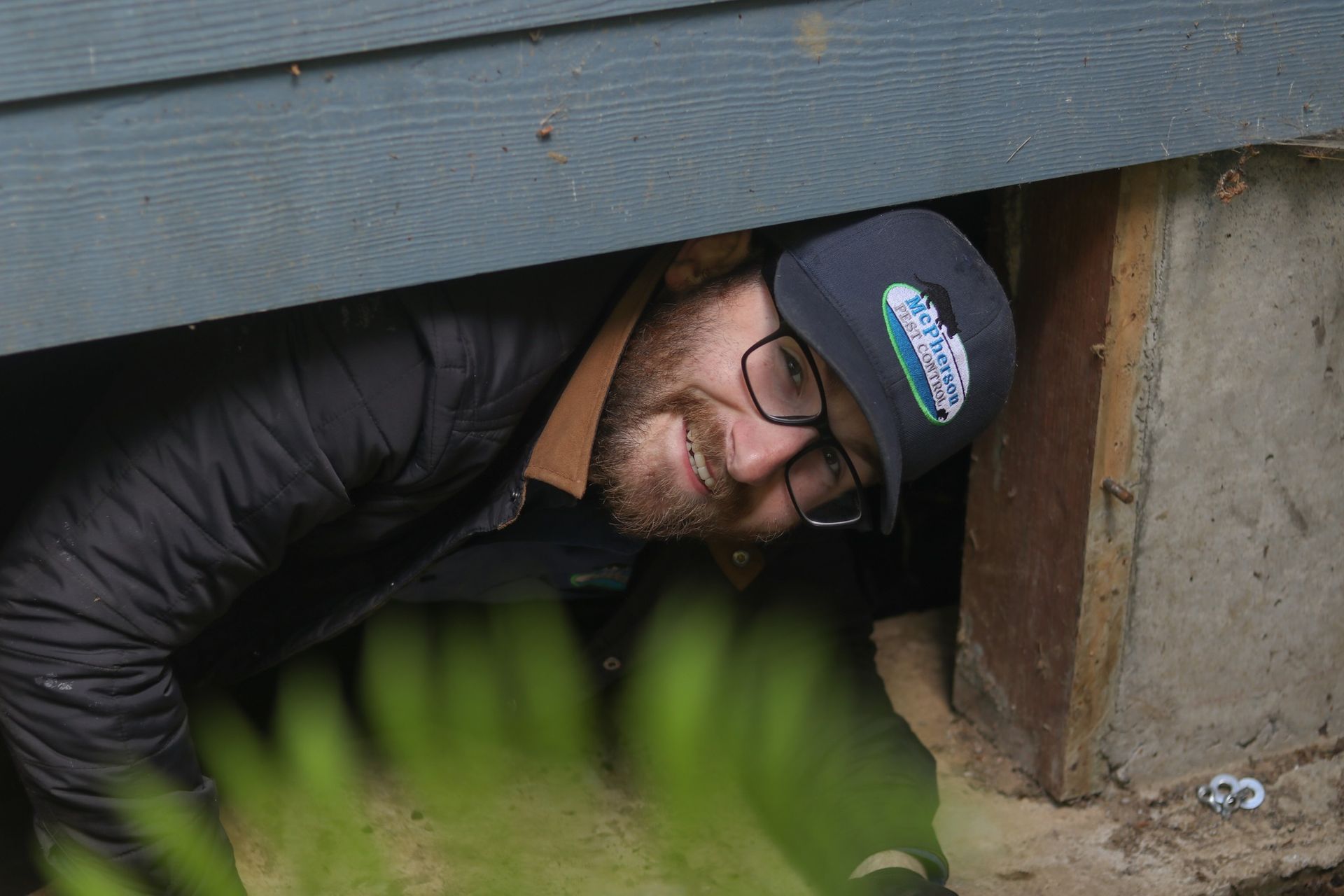
Odorous House Ants Takin’ Over Arlington, WA This Spring Well, folks in Arlington, Washington, it’s spring 2025, and them pesky odorous house ants are stirrin’ up trouble. These little critters—dark as a moonless night and smellin’ like rotten coconuts when you squish ‘em—are multiplyin’ faster than rabbits ‘round here. Come this warm weather, heaps of y’all will find ‘em marchin’ through your kitchens and baths, huntin’ for a crumb or a drip. Colonies Growin’ Like Weeds These ants ain’t your average picnic crashers. They’ve got nests under rocks, in dirt, and even cozy up in your walls near the hot pipes. With a mess of queens in each colony, they’re sproutin’ up big—thousands strong! This wet winter and early spring heat’s got ‘em riled up, pushin’ ‘em indoors. One minute it’s a scout, next it’s a whole parade, thanks to them scent trails they leave behind. McPherson Pest Control to the Rescue Don’t fret, though—McPherson Pest Control’s got your back. These local heroes know ants like the back of their hands. They’ll poke ‘round your place, find them nests, and hit ‘em with sneaky stuff the ants take home to their queens. No more colony! They’ll slap a barrier ‘round your house, too—inner stuff to kill ‘em dead, outer stuff to shoo ‘em off. Plus, safe bait traps mean no fuss for you. Keepin’ ‘Em Out McPherson’ll tip you off on sealin’ cracks and storin’ food tight. So, if them smelly ants are buggin’ ya this spring, holler at McPherson Pest Control. They’ll fix ya up right quick! (1499 characters)
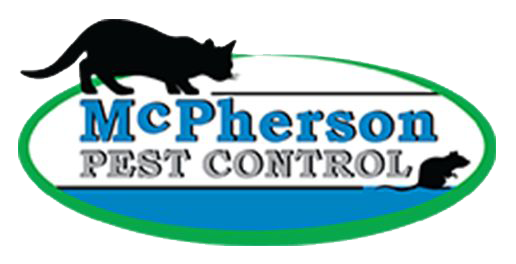
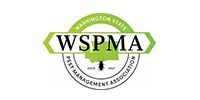
Share On: